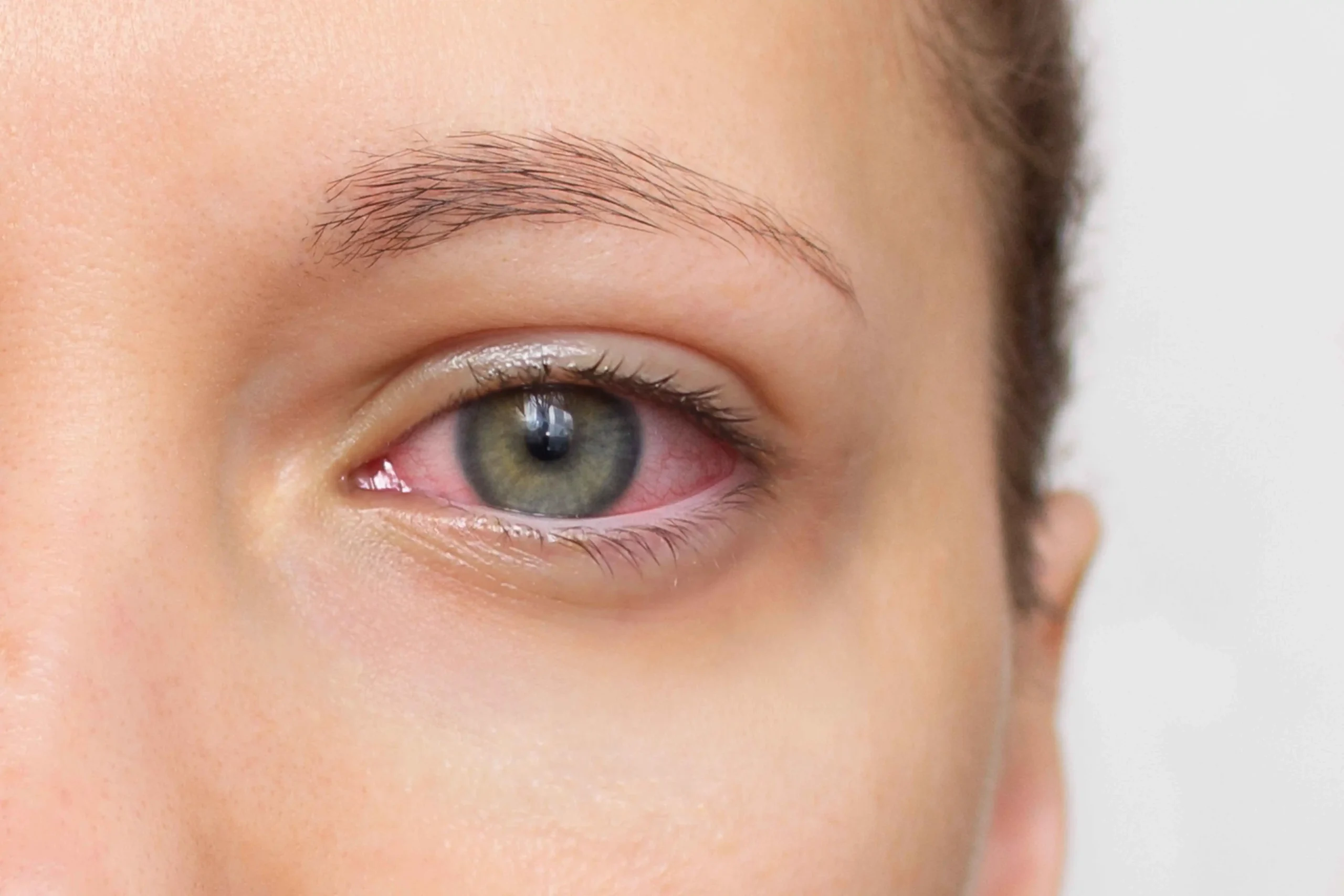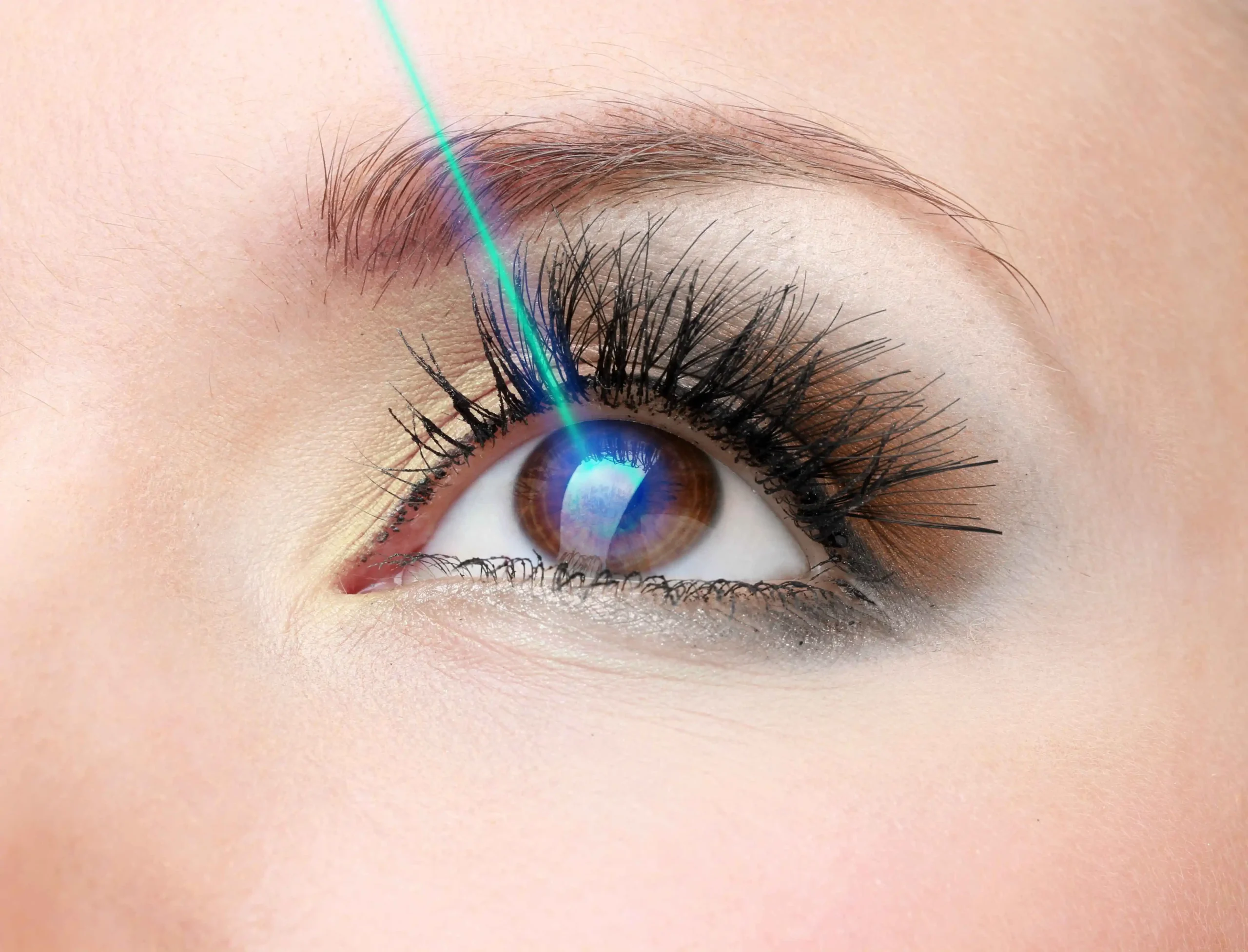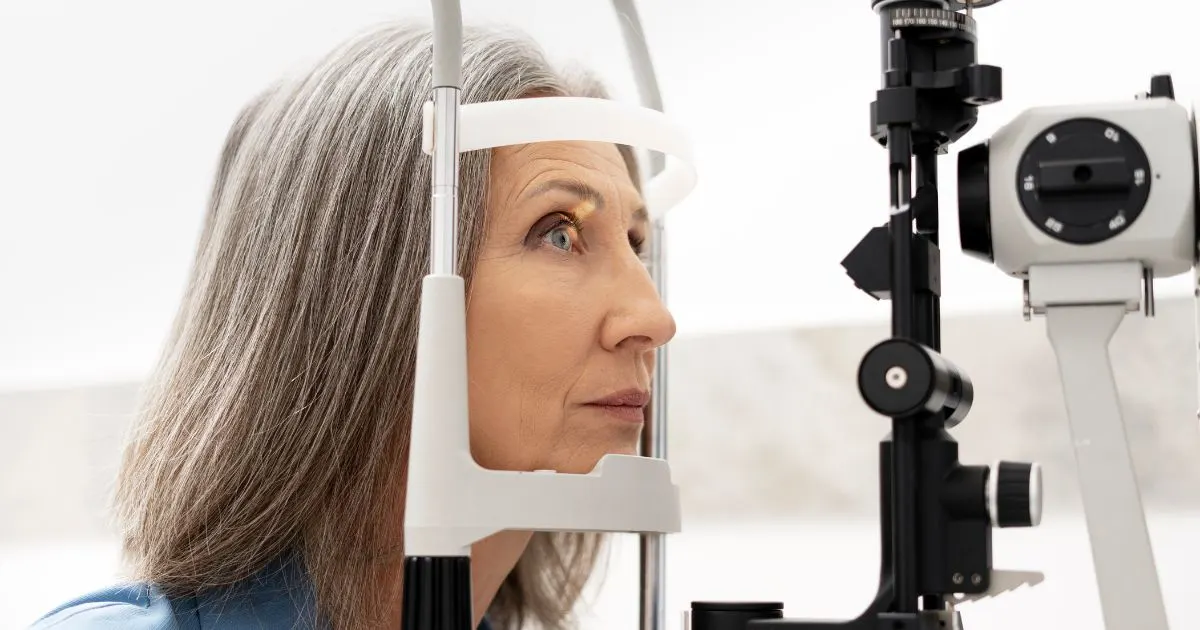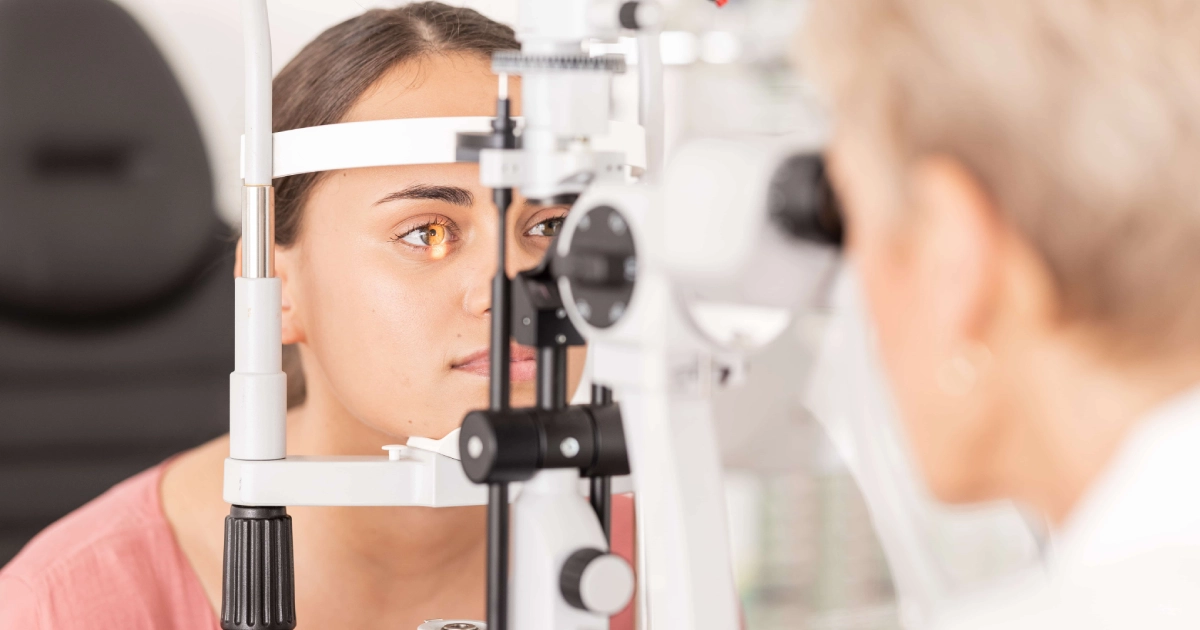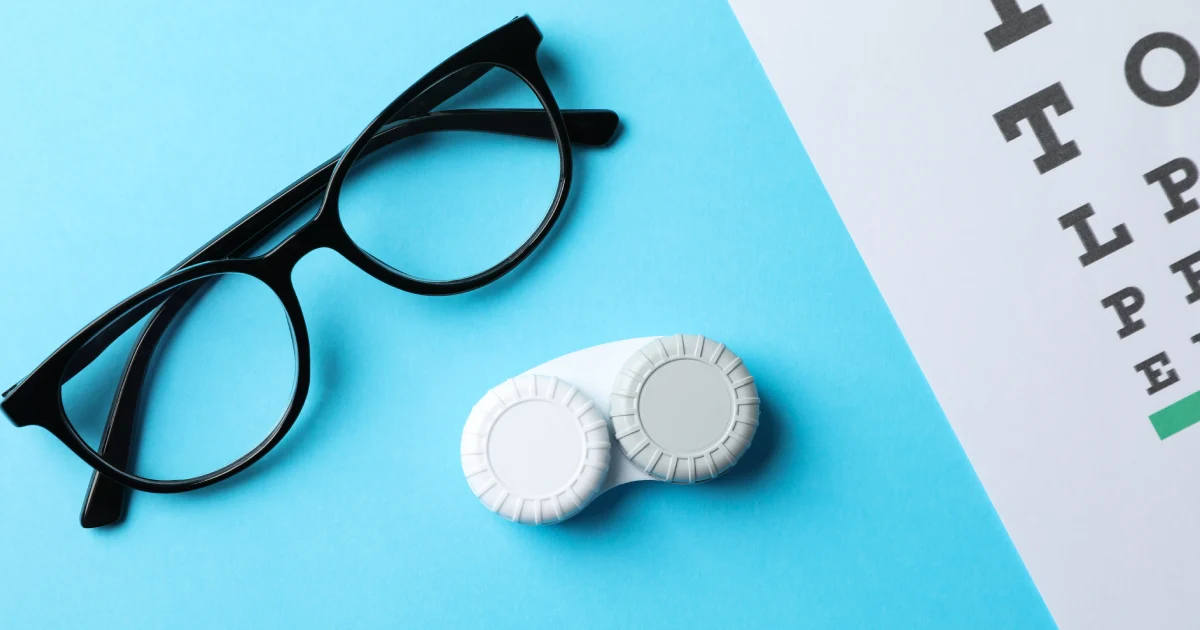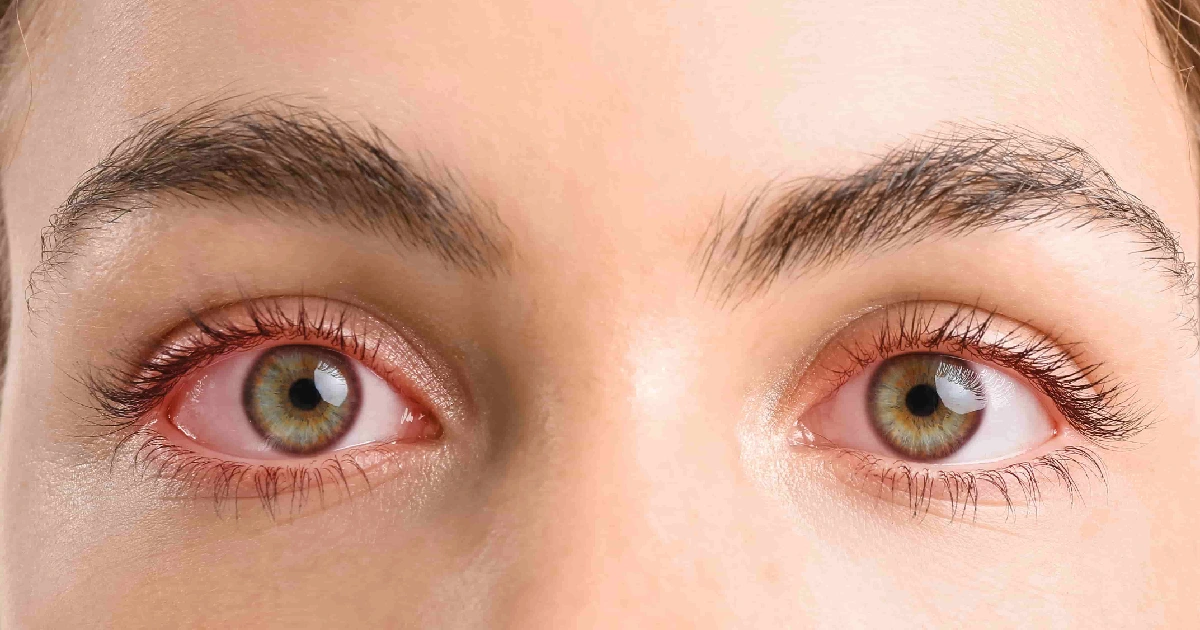Table of Contents
Introduction
Macular Degeneration remains a leading cause of vision loss, affecting millions worldwide. As 2025 unfolds, new advancements are emerging to offer better solutions for individuals dealing with Dry Macular Degeneration and Wet Macular Degeneration. From improved injections to enhanced laser therapies, these treatments are designed to slow progression, manage symptoms, and help individuals maintain their quality of life.
Our skilled professionals at Norwood Park Eye Center utilize advanced therapies, including injections, laser treatments, and other proven methods, based on the severity and type of macular degeneration diagnosis. If you experience blurry or distorted vision, difficulty recognizing faces, or challenges with daily tasks due to compromised central vision, it may be time to explore available treatment options. Read on to learn about the latest innovations in Macular Degeneration Treatment in Chicago, IL, and how they can support your vision health.
Understanding Macular Degeneration
The macula, the area of the retina in charge of sharp center vision, is the primary target of macular degeneration. There are mainly two kinds:
- Dry Macular Degeneration: The more prevalent kind is distinguished by drusen, which are little yellow deposits, and the progressive weakening of the macula. Over time, this may cause gradual visual loss.
- Wet Macular Degeneration: A more severe kind in which aberrant blood vessels proliferate behind the retina, resulting in leakage and sudden blindness.
Early detection is key to effectively managing both types. Let’s explore the latest treatment options available in 2025.
Cutting-Edge Injections for Macular Degeneration
Advances in Anti-VEGF Therapy
Anti-VEGF injections remain the most effective option for individuals with Wet Macular Degeneration. These medications reduce abnormal blood vessel growth and leakage under the retina. In 2025, several new and improved formulations offer longer-lasting effects, reducing the number of injections required annually.
Gene Therapy Innovations
One of the most exciting developments this year is the introduction of gene therapy for Wet Macular Degeneration. This approach modifies specific genes in the retina to naturally produce anti-VEGF proteins, potentially eliminating the need for frequent injections. Clinical trials are showing promising results, offering hope for long-term management.
Sustained-Release Drug Implants
A breakthrough in macular degeneration treatment involves sustained-release drug implants. These tiny devices are implanted in the eye and slowly release medication over several months. This means fewer doctor visits and more stable treatment effects.
Enhanced Laser Treatments for Vision Preservation
Photobiomodulation Therapy
A new, non-invasive laser treatment called Photobiomodulation Therapy is now available for Dry Macular Degeneration. This therapy uses specific wavelengths of light to stimulate cellular repair, reduce inflammation, and slow disease progression. Patients have reported improved contrast sensitivity and visual acuity after this procedure.
Targeted Retinal Laser Therapy
For Wet Macular Degeneration, new retinal laser techniques offer greater precision in sealing leaking blood vessels while minimizing damage to surrounding tissue. These refined laser methods help stabilize vision with fewer side effects than older laser treatments.
Thermal Laser Therapy
In addition to targeted laser treatments, thermal laser therapy is being explored to halt abnormal blood vessel growth. Combined with anti-VEGF injections, this method may enhance treatment results for aggressive Wet Macular Degeneration patients.
The Role of Specialized Eye Drops for Macular Degeneration
Topical Treatments in Development
Researchers are making progress in topical eye drop treatments for Macular Degeneration. While still in clinical trials, these medications aim to deliver anti-VEGF agents directly to the retina, reducing the need for injections. Once approved, patients unable or unwilling to receive regular injections may find these drops a promising alternative.
Anti-inflammatory and Neuroprotective Eye Drops
New formulations of eye drops that reduce inflammation and protect retinal cells are developing. These treatments aim to preserve vision for individuals with Dry Macular Degeneration by slowing the degenerative process.
The Best Vitamins for Macular Degeneration
AREDS 2 Supplements
Nutritional supplementation is still essential to decrease the progression of dry macular degeneration. The AREDS 2 formula, which includes lutein, zeaxanthin, vitamins C, E, zinc, and copper, remains a top choice. Studies have shown that individuals taking these supplements experience a lower risk of advanced vision loss.
Omega-3 Fatty Acids and Emerging Nutrients
Recent research suggests that omega-3 fatty acids, curcumin, and resveratrol may provide additional protection for macular health. These nutrients help reduce oxidative stress and inflammation, supporting long-term vision preservation.
Personalized Nutritional Plans
Some clinics now offer personalized nutrition plans based on genetic testing, ensuring patients receive the best vitamins and minerals for their needs.
Lifestyle Adjustments to Support Macular Health
Diet and Nutrition
A diet rich in antioxidants, leafy greens, and omega-3s can help support eye health. Individuals are encouraged to eat salmon, walnuts, spinach, and blueberries to maintain macular function.
Regular Eye Exams
Routine eye exams are crucial for catching macular degeneration early. Even if symptoms seem minor, regular screenings can detect changes before significant vision loss occurs.
Smoking Cessation
Smoking has been linked to an increased risk of Macular Degeneration. Quitting smoking can significantly reduce the likelihood of disease progression.
Managing Underlying Health Conditions
Conditions such as diabetes, high blood pressure, and cardiovascular disease can contribute to vision problems. Controlling these conditions may slow the progression of macular degeneration.
Personalized Treatment Plans at Norwood Park Eye Center
Every case of Macular Degeneration is unique, which is why our Norwood Park Eye Center team takes a customized approach. Based on your specific condition, we may recommend a combination of:
- Injections for slowing progression in Wet Macular Degeneration
- Laser therapy to stabilize vision
- Eye drops for Macular Degeneration as they become available
- The best vitamins for Macular Degeneration to support eye health
If you’re experiencing symptoms like central vision blurriness, dark spots, or difficulty reading, it’s crucial to get evaluated as soon as possible.
Conclusion
Macular Degeneration can be challenging, but with the latest treatments available in 2025, more options exist than ever to help manage the condition. Whether you require advanced injections, innovative laser treatments, or specialized vitamins, Macular Degeneration Treatment in Chicago, IL, continues to evolve, offering hope for those affected.
Don’t wait until your vision worsens. Book a Macular Degeneration Screening today to explore your options and protect your eyesight. For personalized guidance and expert care, Book now at Norwood Park Eye Center—our friendly team is here to answer your questions and help you find the best treatment plan for your needs.

